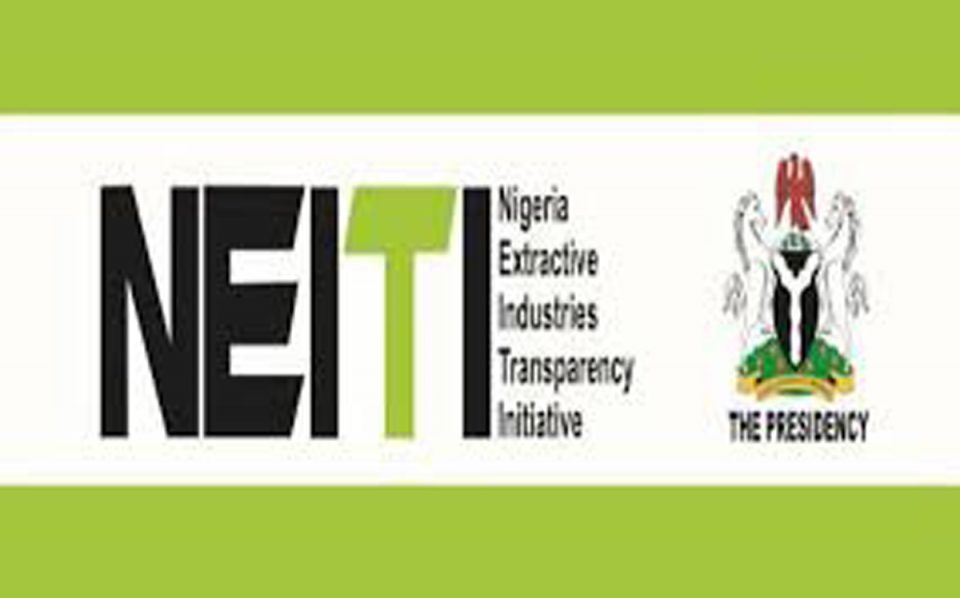The Nigeria Extractive Industries Transparency Initiative (NEITI) on Wednesday said, Nigeria lost over 619.7 million barrels of crude oil valued at $46.16 billion or N16.25 trillion from 2009 to 2020 from theft and sabotage, amounting to losing over 140,000 barrels of crude valued at $10.7 million daily.
It added that the total revenue earnings of $741.48 billion to the government came from the oil and gas sector and N635.3 billion from the solid minerals sector between 1999-2020 and 2006-2020 respectively.
This was revealed when it held a stakeholders’ roundtable for the final approval of the 2021 Industry Oil, Gas and Solid Minerals Reports before their release to the public.
At the forum in Abuja, the executive secretary of the organisation, Dr. Ogbonnaya Orji, noted that, in the absence of a board, the meeting was to get the nod of other stakeholders after the independent administrators submitted the documents.
The global Extractive Industries Transparency Initiative (EITI) Standard which provides guidance for NEITI’s operations, requires that the Multi Stakeholders Group (MSG) which oversees the EITI reporting process and implementation in countries approve the industry reports produced before they are released to the public.
Orji recalled that so far, NEITI has conducted a total of 13 cycles of reconciliatory reports in the oil and gas sector and 11 cycles of reports in the solid minerals sector.
He reiterated that NEITI had reported on subsidy payments from the years 2005 to 2021 and its huge negative consequences to the nation.
In these reports, he noted that, it was revealed that Nigeria had spent $74.39 billion which translates to N13.7 trillion, with an average of N805.7 billion annually, N67.1 billion monthly or N2.2 billion daily.
“After extensive consultation with the international secretariat, it was agreed that representatives of Companies, Civil Society, Media and Government should be invited to review, deliberate and approve the reports.
“This is not the first time we are adopting this approach as you will recall that we had a similar experience when approving the 2019 Industry Reports immediately after my assumption of office. We had no Board then.
“The global EITI gave Nigeria waiver and approved that NEITI should convene a multi stakeholders’ roundtable to review and approve the release of the reports,” he stated.
In the reports expected to be officially made public latest by next month, he said the oil, gas and mining industries covered a total of 69 companies and 12 government agencies and one state-owned enterprise, while a total of 1214 companies with three government agencies were covered in the report of the solid minerals sector.
The objectives of the reports, Orji said, where to establish the quantities of minerals produced and utilised in the country.
Besides, he stated that the reports also sought to establish the revenue paid by oil, gas and mining companies and how much of such revenues were actually received into government coffers.
Other areas of focus by NEITI, Orji noted, are to identify investments made by the federation or the federal government in the oil, gas and mining industries, track subsidy payments, company remittances and liabilities.
“The processes followed especially on the basis for computation and remittances of all revenues payable to the government such as taxes, royalties and rents are equally of interest to NEITI.
“We hope that after this review and approval process, the independent auditors who are part of this meeting will in collaboration with the NEITI staff reflect your comments, observations and remarks in the reports before they are finalised and released.
“Our immediate priorities are: to release the 2020-2021 Oil, Gas and Mining Reports and the Fiscal Allocation and Statutory Disbursement reports. This is consequent upon the approval we seek today from you and to conduct the 2022-2023 industry reports in the oil, gas and mining sector,” he stressed.
The stakeholders present were mainly drawn from the government, civil society organisations, extractive industries operators and regulatory agencies.




